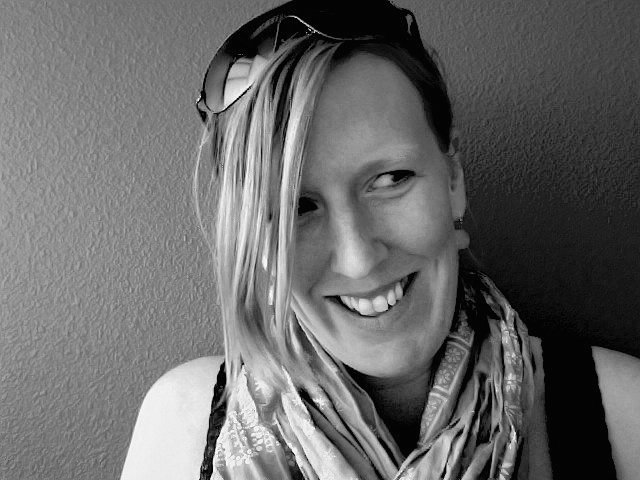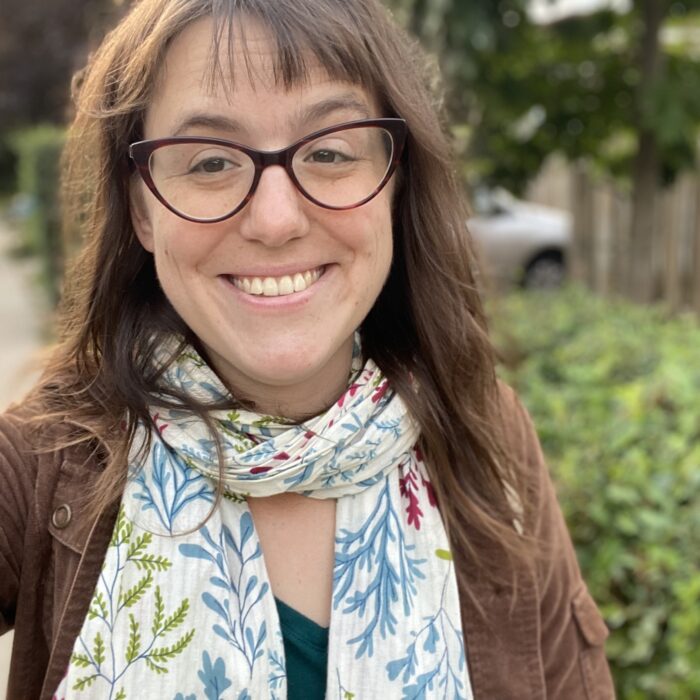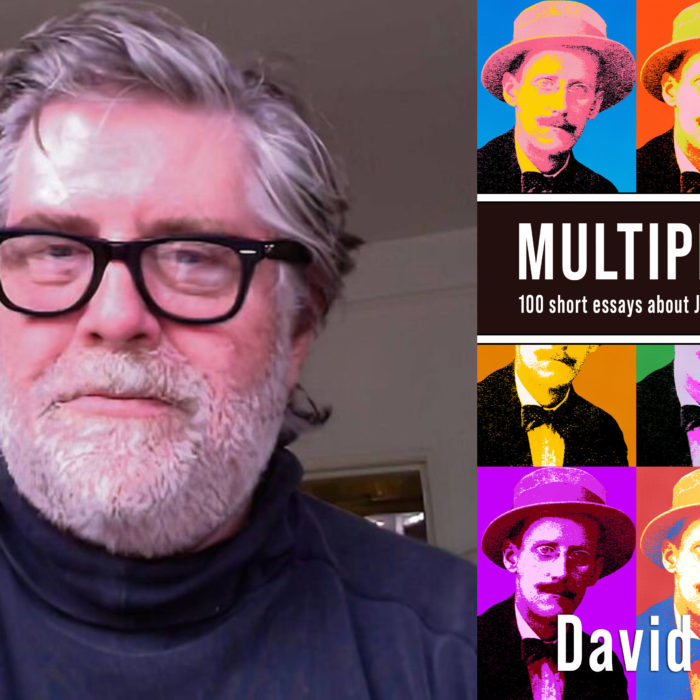You have no items in your cart. Want to get some nice things?
Go shopping Litro: You used to be a writer in advertising with Getty Images, what experience made you transition into photography?
Litro: You used to be a writer in advertising with Getty Images, what experience made you transition into photography?
Amy:
I’ve always been attracted to imagery. Working at Getty honed my taste and my experience. I remember writing about Spencer Platt’s World Press Photo of the Year in 2006. At that point, I began to understand the power of the stories a photographer can tell with imagery. When I started taking photos of people, a few years later on a trip to India, I began to feel that maybe I, too, could connect to the stories of people through my camera. That trip ignited something in me – the images communicated something that I could never manage with my words. A possibility. And I followed it.
Litro: Can you remember your first image you shot?
Amy: I don’t remember the first image I shot, but I clearly remember the shot that changed me. It was on the trip I just mentioned to India. There were children playing by the water and they ran up to me, eager to interact with me. “Do you see me?” I remember feeling that question emanate from them. Ironically, that’s when I think photography saw me. It saw potential in me, not just to take a decent picture, but the potential to feel more fully and experience people more deeply by taking photos. It saw the best of what I, as a person, could offer.
Litro: Your initial project had you taking a photograph a day for a year in the city of Detroit, what was the inspiration?
Amy: The inspiration was curiosity. So many of us who grew up in the suburbs call Detroit home, but we have no idea what the city is about. We also watched it crumble, myself included, and we stood by and shook our heads. This disturbed me. I wanted to explore the “why?” the “what happened?” and “what was my role in this?”
Litro: You moved to Detroit from Seattle, what made you move? Do you call Detroit home now?
Amy: I felt like I had lived my era in Seattle and it was over. But at the same time, I was scared. I still wasn’t ready to let go entirely. I owned a business and a home in Seattle. But then it occurred to me to try Detroit for a year. That made sense. I actually even hired a life coach who helped me prepare and follow through. I needed that extra accountability. Now, I do call Detroit home. I feel like this area knows me, it understands my history. I don’t feel as isolated as I did in other cities.
Litro: You site poetry with some of your images, what’s the reason? Do you read a lot? What are you reading at the moment?
Amy: Sometimes my photos go further emotionally when paired with words. I love Jane Hirschfield, Sharon Olds, Stanley Kunitz, Galway Kinnell, Philip Levine. Right now, I’m reading Anthony Doerr. I just finished Ruth Ozeki’s, “A Tale for the Time Being,” which was stunning.
Litro: Your project seems to be taking on a life of it’s own – with a large community feel on its Facebook Page, with others participating, collaborating giving suggestions – do you have any particular collaboration or suggestion that sticks out for you so far?
Amy: So many. There’s an amazing woman named Marsha Music who made a few comments on one of my posts. She has a very strong and powerful voice that echoes the sentiments of lifelong Detroiters who are often negatively affected by the changes happening in the city. I immediately fell for her words, and she and I have done a few posts together. People send me pictures of their families and share their memories. What I’ve learned is that people are deeply attached to this city, and every single one brings their own tapestry of good and bad emotions and stories.
Litro: What’s the strangest experience you’ve had so far on the project?
Amy: Strange? Hmm, not sure if I can think of a strange one, but certain experiences take me by surprise – things that I never would have imagined for myself. The biggest would be my mentorship with Alex Webb and Rebecca Norris Webb. When I first started doing street photography, I googled the term and immediately came across Alex’s work. I thought, who is this person with his complex compositions and incredible understanding of color and light? I never imagined that I would ever meet Alex or get know him. Later I came across Rebecca, whose pairing of poetry and photography is equally as inspirational to me. I can’t believe that now I get to share my photos with them and learn from them. It’s so strange and humbling and amazing to me. And all because I moved to Detroit. I really believe that.




